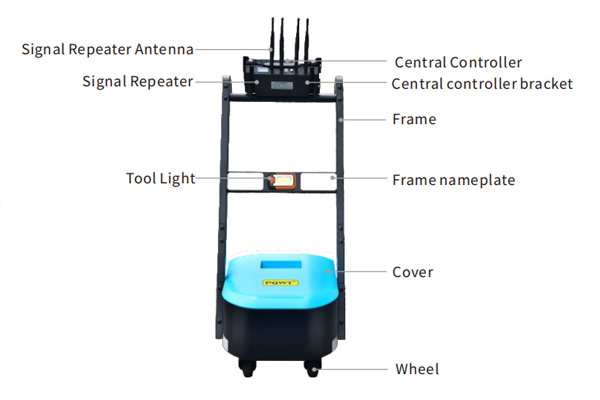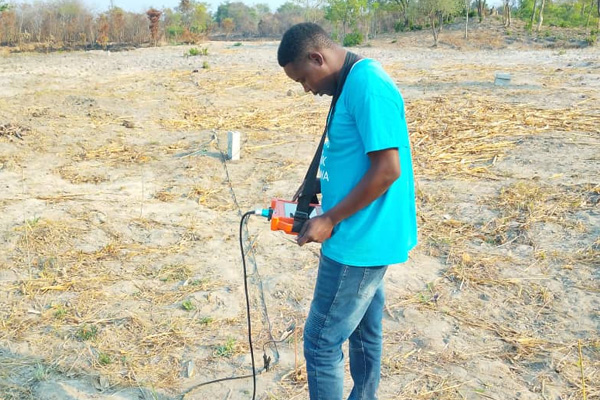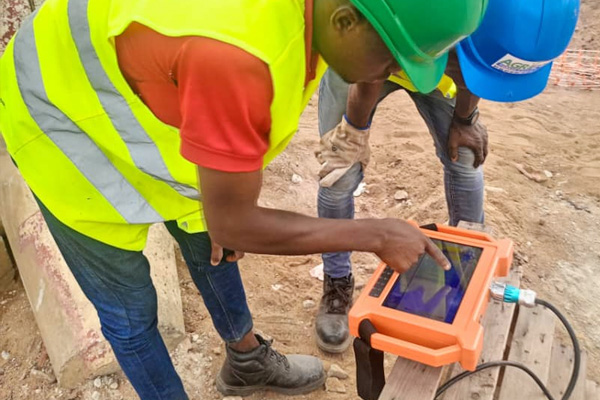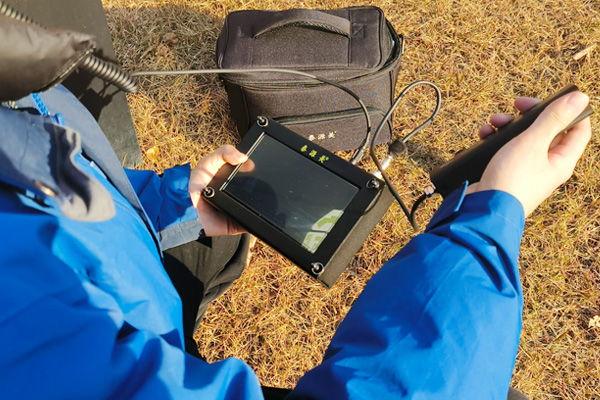Groundwater is one of the most important sources of water for maintaining ecological balance and human life. However, the uneven distribution of groundwater makes finding a reliable water source a challenge. To solve this problem, scientists and engineers have developed the ground water detector, an instrument based on the principles of geophysical exploration, which is capable of accurately locating groundwater sources.
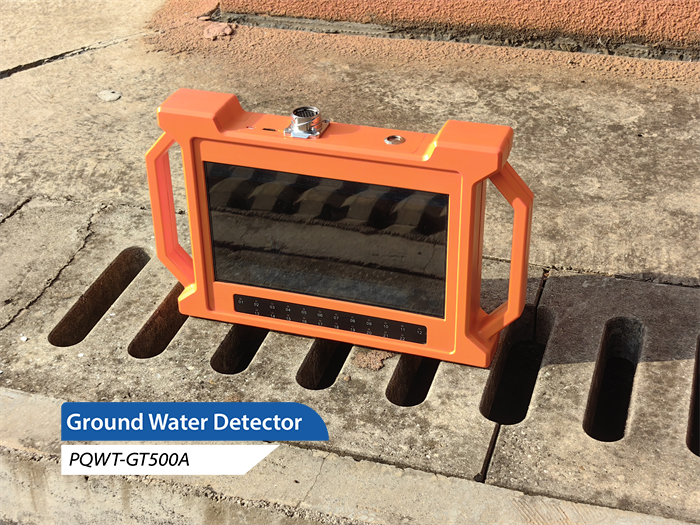
The ground water detector works on the basis of the electromagnetic differences that exist between the melt and the surrounding rock in the earth's crust. By observing changes in the electric field in the subsurface, we can obtain key information about the structure of the earth's crust. In general, groundwater has a high electrical conductivity, while the surrounding strata have a relatively low electrical conductivity. Using this difference, the ground water detector is able to detect the location of groundwater and provide relevant geological information.
The ground water detector consists of the following main components: a power supply, a sensor and a data processing unit. The power supply provides the required current to generate the electric field, the sensors are responsible for measuring the changes in the electric field in the ground, and the data processing unit is used to analyze and display the results of the measurements.
In practice, ground water detectors usually have sensors set up at regular intervals in the ground, and then an artificially powered electric field is generated by the power supply. The sensors measure the strength of the electric field in the ground and transmit this data to the data processing unit. In the process, the ground water detector determines the distribution of groundwater based on the variation of the electric field in the subsurface at different locations.
By analyzing the results of the measurements, we can obtain information about the depth of the groundwater, the characteristics of the aquifer and the structural model of the earth's crust. This information is important for finding reliable water sources, planning and designing water management programs, and solving environmental problems.
The ground water detector, as a geophysical exploration method, provides an effective means of searching for groundwater resources and solving related geological problems. By observing electromagnetic differences in the earth's crust, the ground water detector is able to pinpoint the location of groundwater and provide important information about geological structures.
In the future, as science and technology continue to advance, ground water detector will play an even more important role in providing more accurate data support for environmental protection, water resource management and disaster prevention. This will help to promote sustainable development and ensure the sustainable utilization and protection of water resources.
Note: The principles and techniques described in this paper are only schematic, and the actual operation should be carried out with specific equipment and methods. In practical application, relevant norms and standards should be followed to ensure accuracy and reliability.





